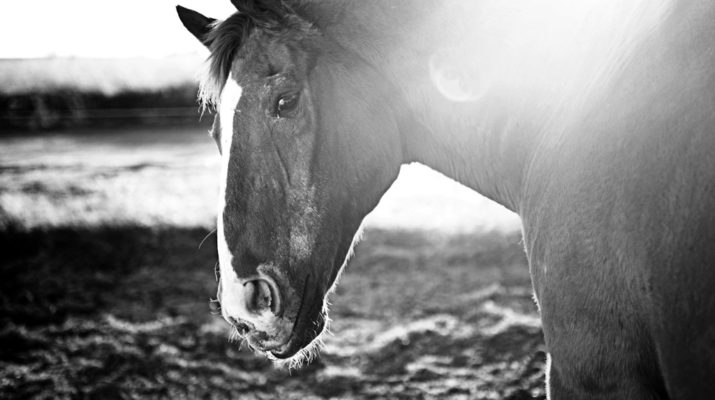East Point Horspice is defined as the place “Where people and horses come together.” EPH is not unique in this relationship, but to understand what that quote really means there should be more clarification on why this horse-human interaction is relevant, important, and unique. Here are a few examples to consider.
Horses are family oriented and their relationship with the herd helps them thrive and become good citizens in the family structure. Young horses observe interactions of the older animals and learn behaviors gaining the manners and skills necessary to exist safely and harmoniously with the herd and the world around them. Humans can help satisfy these companionship requirements through grooming, training and playing with each other. The humans then become an active herd member in the horse’s world.
An aspect that contributes to the success of the EPH program is a horse’s ability to read human emotions. Not only can they differentiate between easily identified emotions like anger or happiness, horses appreciate the breadth of a human’s emotional spectrum and can respond with appropriate energy leading to a more calming outcome. A bad day at work can quickly be forgotten through a short session of grooming a horse or quietly sitting in their presence as they munch on hay. The horses seem to soak up the negative energy like a 1000-pound empathetic sponge.
Horses not only understand human emotions, they can express their own feelings and intentions through body language and vocalizations. The position of their head, ears or body in relation to their surroundings speaks volumes; when identified, these postures are crystal clear and lessen some of the apprehensions associated with being around these relatively large creatures. As puny humans, this knowledge can greatly increase physical safety. The vocal language of horses is remarkably broad and, like humans, is unique for each animal. After time spent within a herd setting, it is possible to know which horse is vocalizing through its individual sound.
Like humans, horses depend greatly on family interactions and effective communication to help make sense of the world in which we live. Using horses as a tool for companionship can help some people increase their ability to communicate with the human world improving their sense of belonging and involvement. Language doesn’t need to be a spoken word to be effective. Sometimes just coming together can be enough.

